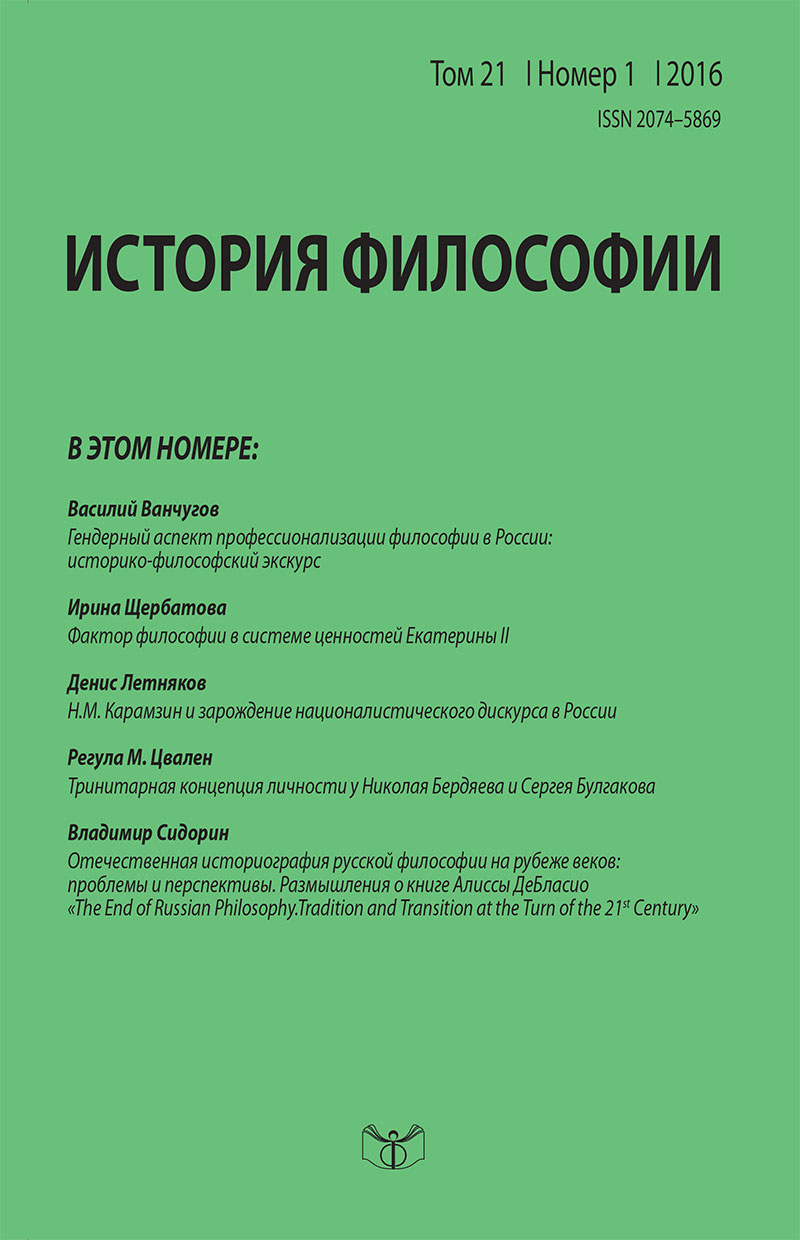The Trinitarian Concept of Person of Nikolai Berdyaev and Sergei Bulgakov
Keywords:
person, creativity, Russian religious philosophy, personalism, the Trinity, God’s image and likeness, theanthropism, Nikolai Berdyaev, Sergei BulgakovAbstract
In the beginning of the 20th century Russian philosophy eagerly returned to the concept of the
Holy Trinity. Reflections of Russian personalists like Nikolai Berdyaev and Sergei Bulgakov
over man as the image of God also explained the interpersonal being of man and his relations
to God and the world. If we take Berdyaev’s and Bulgakov’s main anthropological concepts –
theanthropism, the image of God, person – as related to their understanding of the Holy Trinity, it
may clarify many conceptual differences in their systems of thinking. Berdyaev sees the (God-)
man as originally directly participating in the trinitarity of God, while Bulgakov investigates the
structure of man as the image of God and an autonomous analogue of the Holy Trinity. The main
difference between the anthropological concepts of both thinkers shows in the explanation of
“this world” as the consequence of the fall of man in Berdyaev and as the fact of divine creation
in Bulgakov. This contradiction has consequences for their explanation of human creativity:
Berdyaev’s man is destined to “creatio ex nihil” as God himself and must overcome “this world”
to recover the initial unity of man and God in the Trinity. Bulgakov’s man is destined to creation
on the borders of God’s creation: he must give the wold such form, will allow God to “live” in it.
Berdyaev’s concept of person seeks the unity of man and God and Bulgakov’s concept of person
seeks dialog and synergy of man and God.

